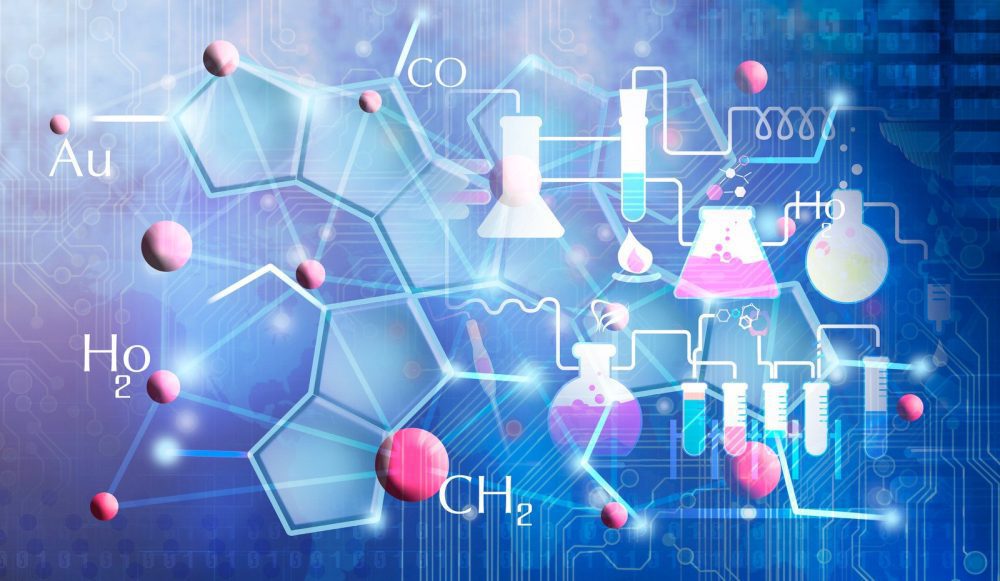Everyone wants to know what’s going on in the world of science, but sometimes finding reliable sources can be a difficult task. Luckily, this website is here to help! All The Latest In-Depth Science News And Articles is always up-to-date with current scientific developments – the latest news and articles will be updated regularly so you’ll never miss a beat.
What is Science?
Science is the study of the natural world and the phenomena that occur in it. It encompasses a wide range of academic disciplines, including mathematics, chemistry, physics, and biology. Scientists use their knowledge of science to improve our understanding of the world around us and to develop new technologies.
Science has helped us understand how the universe works and how human beings are connected to it. Scientists have also developed powerful tools for studying the natural world, such as microscopes and telescopes. They use these tools to study everything from atoms to galaxies.
Science is an important part of everyday life. It helps us understand how things work, which can lead to improvements in our technology and our economy. Science also provides us with insights into our own behavior and emotions. For example, scientists have discovered that anxiety disorders are linked to changes in brain function. Science is constantly evolving, which means that there is always new information being uncovered about the natural world and human behavior.
How does Science work?
Science is a process of acquiring knowledge about the natural world through observation and experimentation. Scientists use a variety of methods to gather data, including observation, measurement, and experiment. Once scientists have gathered enough data, they use logical reasoning to analyze it and form conclusions. This process is often repeated until scientists can make accurate predictions about how the natural world works.
Scientists use a variety of methods to gather data. Observation is the first step in science, and it involves looking at what exists in the world around us. Scientists can observe things in their environment using their senses, such as sight or hearing. They can also observe things using technology, such as microscopes or telescopes.
Measurement is another important step in science. It involves taking precise measurements of objects or phenomena in order to understand them better. Measurements can be made using physical tools, such as rulers and clocks, or they can be made using technology, such as thermometers or accelerometers.
Experimentation is another tool that scientists use to gather data. Experimentation involves trying different things in order to find out what works best for obtaining results that are meaningful. Experiments can be conducted in the laboratory or outdoors on Earth or other planets.
Are there different theories about the universe, Earth and life?
There are many different theories about the universe, Earth, and life. Some scientists believe that the universe is expanding and that it will eventually break apart. Others believe that the universe was created a finite number of times, and that it will eventually end. There are also those who believe that the universe is infinite, and that everything exists within it. Some scientists believe that life originated on Earth, while others believe that it was brought here by aliens. No one knows for sure which theory is correct.
Are there scientific rules that have been found to always be true?
There are scientific rules that have been found to always be true, but there are also exceptions to these rules. For example, the rule that gravity always attracts objects is true in most cases, but there are some objects that can resist gravity. The exception to this is when an object is in space, where the force of gravity is not as strong.
Can science answer all the questions about life on Earth?
There are many questions about life on Earth that science has yet to answer. However, thanks to the work of scientists, we continue to learn more and more about our planet and how it works. Here are some of the most pressing questions about life on Earth and what science has so far revealed about them:
– What is the origin of life?
– How did life first evolve?
– What is the role of DNA in regulating gene expression?
– How does environmental stress impact plant growth and disease resistance?
– How do viruses interact with host cells to cause disease?
– What are the mechanisms by which cells regenerate damaged tissue?
– How do steroids control cell behavior?








